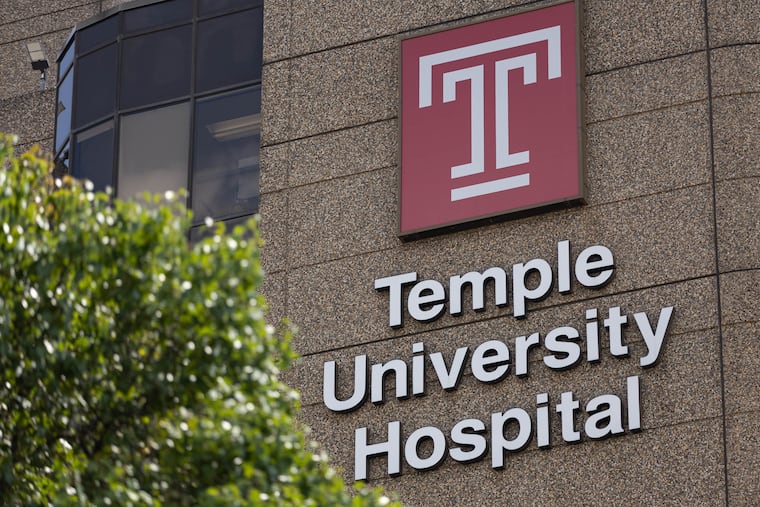Mamdani Derangement Syndrome: An Overview of Symptoms and Causes
Since Zohran Mamdani’s victory in the Democratic mayoral primary in New York, a wave of political turmoil has swept across the city and beyond. This phenomenon, often dubbed “Mamdani derangement syndrome,” has manifested in contrasting reactions from both conservative and progressive factions.
On the right, conservative critics of Mamdani, a self-identified democratic socialist, express fears that his policies would lead to a rapid deterioration of public safety and societal order. Concerns regarding potential police defunding and jail emptying have garnered significant attention, with reports indicating that the Trump administration has even considered offering Mayor Adams a position to consolidate opposition against Mamdani.
Conversely, some progressives have lauded Mamdani as a beacon of hope for the left, with magazines such as The Nation and In These Times showcasing him on their covers. His primary campaign proposals—freezing rent, making buses fare-free, and providing universal free childcare—have resonated deeply within the progressive sector. However, these proposals have faced scrutiny regarding their feasibility and implications for the fiscal stability of the city. For instance, the rent freeze would affect over 1 million rent-stabilized units, a policy previously enacted under Mayor Bill de Blasio. Meanwhile, the notion of free public transportation encounters jurisdictional obstacles, as control ultimately lies with the state-run Metropolitan Transportation Authority. Additionally, Mamdani’s childcare initiative could potentially impose an estimated billion burden, which is particularly concerning given the city’s projected billion budget shortfall for the upcoming fiscal year.
Both sides of the spectrum may be overlooking critical aspects of Mamdani’s political stance. On the right, some panic-driven rhetoric appears to overshadow a more nuanced understanding of his platform. For instance, while he may have once advocated for police defunding, Mamdani has since revised this stance, seeking to maintain current police staffing levels while advocating for the establishment of a dedicated mental health response team to address certain crises—an approach designed to prioritize de-escalation over confrontation.
Should Mamdani be elected mayor, apprehensions from the right might prove to be exaggerated compared to his administrative capabilities and policy proposals. Meanwhile, progressive supporters could find themselves facing reality as the complexities of governance set in, where the ideals of campaign rhetoric often yield to the constraints of bureaucratic operations and financial realities.
Mamdani will encounter immediate hurdles, including anticipated federal budget cuts impacting approximately 10% of the city’s budget, which is reliant on federal support totaling around billion. Furthermore, local and state-level challenges present additional layers of complexity. His plans to impose taxes on high earners and businesses are constrained by state-level policies, requiring cooperation from Governor Hochul, who has shown resistance to such initiatives.
Most significantly, while Mamdani’s grand proposals may exceed his mayoral authority, his position could afford him a powerful platform for advocacy. His election could represent a significant shift away from the historically dominant influences of finance and real estate on city governance, signifying a renewed focus on affordability and livability for all New Yorkers. This potential electoral outcome could signal a transformative chapter in the city’s governance, moving away from previous administrations’ prioritization of economic elitism towards a more inclusive vision for New York City.
Media News Source







